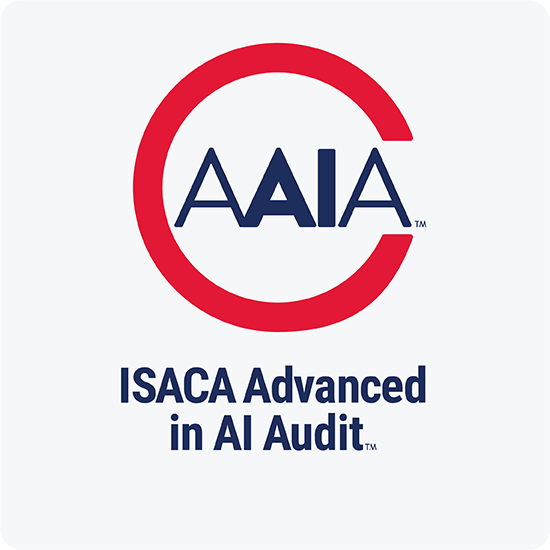



We are living in a time in which artificial intelligence is transforming how we work, make decisions and deliver outcomes. From generating reports to powering predictive models, AI offers unmatched speed and scale. So, the natural question arises: If machines are doing more, do structured process frameworks still matter?
Imagine an AI-powered customer service chatbot, lightning-fast in its responses but occasionally offering contradictory information. This is not a failure of the AI itself, but often a symptom of underlying process gaps.
AI introduces speed, but with it comes unpredictability. Structured processes bring guardrails—ensuring that decisions made by intelligent systems align with business intent, user trust and regulatory expectations. And this is where CMMI’s core principles of governance, accountability, and improvement step in — not to slow progress, but to steer it meaningfully.
Across industries, organizations that combine AI capabilities with mature, structured practices are experiencing not only faster innovation but better resilience, higher quality and more responsible scaling.
We stand at an exciting crossroads where AI promises unprecedented efficiency. But as intelligent machines become more integrated into our operations, a critical question emerges: Can pure speed and scale truly deliver sustainable success without the bedrock of structured processes?
What is changing is the way we view “process.” It is no longer a checklist—it is a scaffold for innovation. CMMI 3.0 reflects this shift through role-based practice areas, continuous improvement loops and outcome-based appraisal models. It fits naturally into modern workflows like Agile, DevSecOps and cloud-native operations—guiding without getting in the way.
As AI advances, the value of mature, adaptable processes only grows. CMMI is not resisting change — it is evolving to guide it.CMMI shows how a respected process model can evolve—not to constrain AI innovation, but to govern it, amplify it and sustain its value over time.
Outcome-Oriented Focus
This sets the direction. Process maturity now centers on delivering business value. CMMI enables organizations to define, measure and optimize the outcomes that AI systems must support. It ensures that any AI initiative, from a simple automation to a complex predictive model, is tied to clear business goals and the value it needs to deliver.
Performance-Based Appraisals
Once you know the desired outcomes, you need to measure how well your AI systems (and the processes around them) are achieving those outcomes. Appraisals have moved from compliance checks to performance evaluations. This aligns well with AI contexts where accountability, interpretability and continuous learning are crucial. This focus on performance then necessitates:
Governance of Intelligent Systems
To ensure consistent performance and desired outcomes, especially with complex and potentially unpredictable AI, you need oversight. This includes monitoring system behavior, managing data integrity (crucial for AI accuracy), mitigating bias (directly impacting ethical outcomes) and supporting ethical decision-making. Effective governance, in turn, supports:
Support for Agile and DevSecOps
With clear outcomes and performance metrics in place, and governance guiding the development and deployment of AI, you can then leverage Agile and DevSecOps methodologies more effectively. This allows for faster iteration and deployment of AI-driven solutions without sacrificing quality or traceability because you have the framework to ensure alignment with goals and responsible practices. This agility in deployment is crucial for:
Adaptation to Digital Ecosystems
Modern AI solutions rarely exist in isolation. They interact with various cloud, edge and hybrid environments. Mature processes help manage these distributed systems, ensuring continuity and minimizing risks like latency, which can impact the performance and outcomes defined earlier. Underpinning all of this is the crucial element of:
Human-Centered Practices
Even with sophisticated AI, people are the ones defining the outcomes, building and managing the systems, and ultimately using the results. Clear roles, upskilling initiatives, and a focus on responsible automation ensure that AI empowers, rather than alienates, the workforce, and that the human element remains central to achieving desired outcomes and maintaining trust.
If your organization is embracing AI, it is worth asking: Are you also embracing the maturity required to scale it responsibly?
Even in an AI-driven world, structured process maturity remains essential for achieving efficiency, trust and long-term performance. And in today's whirlwind of change, process maturity is not a backseat driver — it is the steering wheel.
Editor’s note: For further insights on this topic, read Jayakumar Sundaram’s Journal article, CMMI in the AI Age: Driving Efficiency, Innovation, Governance - ISACA Journal, volume 3, 2025.
